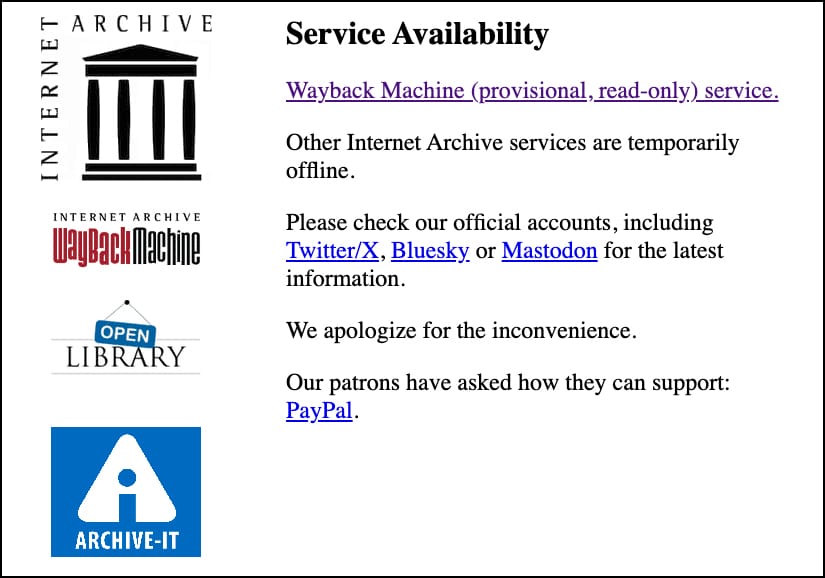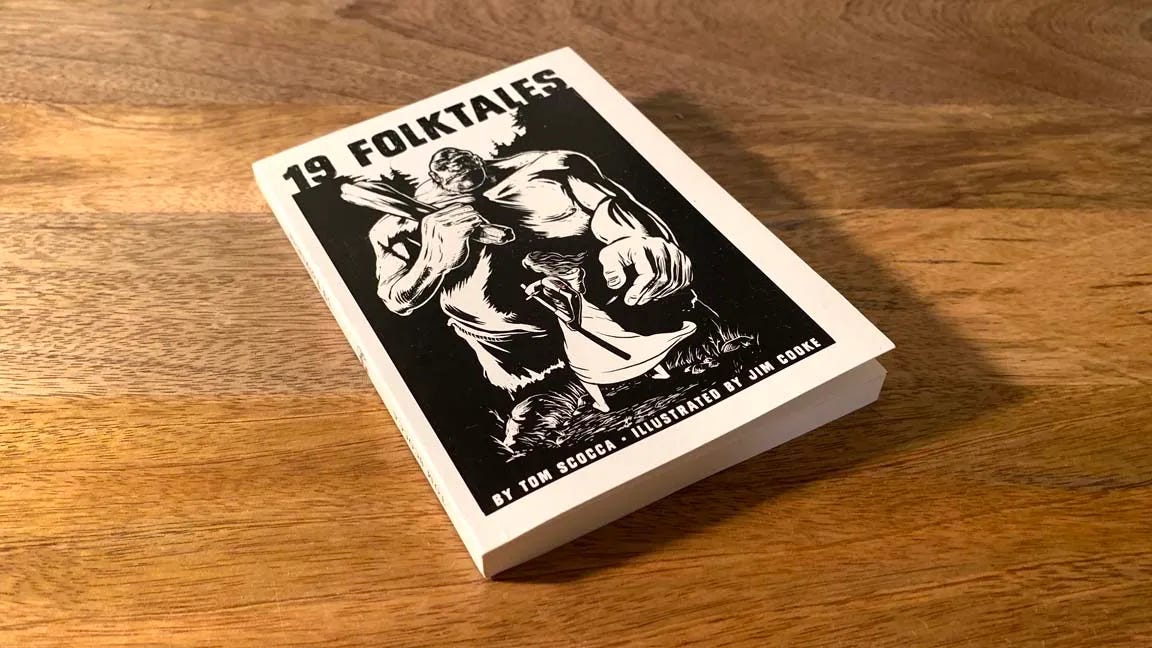The new 24/7
Indignity Vol. 4, No. 182

TIME MANAGEMENT DEP'T.
How Is Elon Musk Going to Find the Time to Make the Government More Efficient?
ELON MUSK WANTS Donald Trump to be elected president. The technology magnate has spent at least $75 million—or 0.03 percent of his net worth—on helping the Trump campaign through a political action committee, while also providing an immense undeclared and unquantified in-kind donation by retooling his social network, X.com, to deliver a barrage of pro-Trump propaganda to its rapidly dwindling user base.
Trump, in return, has offered to put Musk in charge of a commission to make the government more efficient. The New York Times reported that an alliance between Musk and a future Trump administration would create conflicts of interest on a "potentially enormous" scale. The two principal ways that Musk's assorted businesses make money are through lucrative government contracts—"$3 billion across nearly 100 different contracts last year with 17 federal agencies"—and through systematically violating federal regulations, or both at once, in the case of his SpaceX launches devastating the environment.
In the name of overhauling government operations, the Times noted, Musk could get leverage over the regulators who've busted him for manipulating securities, breaking labor law, and discriminating in hiring. He could also potentially use the position, the Times wrote, as a means of "killing NASA’s Starliner contract with Boeing, his main industry competitor."
All of this is plausible, in principle. But it brings a different kind of conflict into play. When, exactly, would he be able to do all these things? On the question of whether Elon Musk is a dynamic, world-shaping genius or a monumental scam artist and fraud, it's useful to keep the number 24 in mind—as in, the number of hours in a day.
Musk is the executive chairman and chief technology officer of the social media company X. He is the CEO of Tesla, which manufactures electric vehicles, batteries, solar panels, and other electrical power equipment. He is the CEO of SpaceX, which builds and launches rockets and provides satellite communications. He is the owner of Neuralink, which claims to be developing brain implants for medical use. He is the owner of the Boring Company, which supposedly builds transit tunnels and tunneling machines.
If he divides the 24 hours in each day evenly among those five companies, that leaves 4.8 hours for each. That includes no room for sleeping, but the Wall Street Journal has reported that Musk is an avid consumer of "LSD, cocaine, ecstasy and psychedelic mushrooms" and especially ketamine, so his sleep time may be minimal.
Wait, I left out xAI, the artificial intelligence company he launched last year. Make that 4 hours per company per day. Four hours for getting the brain implants right, four hours for competing with the rest of the whole overstuffed AI sector, four hours for purportedly adding fully functional robots to Tesla's product line.
Throw in the work of overseeing efficiency across the entire federal government and he's down to 3 hours, 25 minutes, and 12 seconds for each thing. This is a person who has sworn that there is no more urgent project for the human species than to colonize Mars—yet here he is, slicing the Mars-bound share of his attention ever smaller to fit in other projects.
Musk attempted to reconcile the contradiction by arguing that breaking the regulatory state will free the United States to pursue great projects like going to Mars. In that same post, he complained about "the farcically slow build of the high-speed rail line in California." One reason high-speed rail has struggled in California is that Musk's Boring company deliberately undermined it by promoting a vaporware Hyperloop project as a supposed alternative option. Maybe Musk forgot he did that. He does have a lot to keep track of!

WEATHER REVIEWS
New York City, October 20, 2024
★★★★ The streets were lit up with gold under a cloudless sky. It was t-shirt weather again, the sun warm on the skin. Despite the humidity, the apartment key raised a spark as it met the lock. The ginkgo on the downhill path toward the Pool had begun to release its fruit, leaving the pavement a field of white and pale-orange splotches. The silver stamping on the pencil scattered light across the book page, and the reading glasses stayed in the pocket. Round green cones swelled at the ends of the bald cypress branches, the ones near the treetop catching hemispheres of sun like clustered planetary bodies. A silhouetted wren cast its cock-tailed shape on the brilliant mirrored shallows. Swimming ducks stretched their necks out low and swung their bills from side to side along the surface, gobbling up duckweed in arcs. Some small skittery bird splashed behind the robins where the inflow ran down the rocks, while binoculars and long lenses pointed at its tiny pale fieldmarks. Geese plodded up the bank with green bathtub rings of the duckweed on their fat breasts. The arch of branches by the footbridge was a backlit rose window. Children in vividly colored costumes ran around on the crown of the Great Hill. Some among them clambered up the small nearest branches of trees; others swung sticks to try to hasten the fall of low-hanging leaves.

SIDE PIECES DEP'T.

FOR AIR MAIL, I reviewed Paper of Wreckage: The Rogues, Renegades, Wiseguys, Wankers, and Relentless Reporters Who Redefined American Media: An Oral History of the New York Post, 1976–2024, by Susan Mulcahy and Frank DiGiacomo, a lively and absorbing account of the Rupert Murdoch era in New York newspapering, and how it helped corrode the cultural and political life of the nation:
By profession, the Post veterans or survivors who talked to the authors are snappy storytellers, with lurid stories to tell. The results can’t help but make for a rollicking book; the figures in it were obviously self-consciously trying to rollick at the time, to the point of harming themselves and others. The book reads, in places, like some horrible sort of fairy tale, one where, if a bold young man can endure five nights sitting at the booze-soaked [Steve] Dunleavy’s elbow, paying his bar tab for him, a job offer will materialize at the end, or where the multi-millionaire Murdoch, seeing a vendor overloaded with newspapers at Grand Central, seizes a bundle of Posts from him and hawks them all to passing commuters himself, a king among commoners, at 30 cents a copy...
Behind all the war stories (some of them literal), Mulcahy and DiGiacomo have a serious and audacious argument to make—namely, that while Murdoch and his crowd of scoundrels and larrikins were slinging their disposable ink around, they left indelible fingerprints all over 21st-century America. “Did Rupert Murdoch accelerate the cheapening of the collective consciousness?” reporter Amy Pagnozzi asks the authors. “Obviously. Is he a negative force in the world? Totally.”...
Even while the Murdoch Post kept its nose in the gutter, making folk heroes of the likes of [subway vigilante Bernhard] Goetz and Mob boss John Gotti, its eye was fixed on the city’s penthouses and executive suites, where readers hung on its business-and-media coverage and its gossip alike. The supposedly local paper, its onetime film critic Frank Rich says, was read by the people who shape mass media, “the bookers at NBC, ABC, and CBS and editors at national magazines”; on the other side of things, feeding the paper rumors and trading favors with it, were the likes of the right-wing arch-fiend Roy Cohn and Nixon trickster Roger Stone. Brokering among the conflicts of interest, creating new ones, and occasionally negotiating to keep the paper afloat was the gossip columnist Cindy Adams. “She never stopped working,” the former executive editor Jane Amsterdam says. “Her stuff checked out, and every dictator and dictator’s wife adored her.”

EASY LISTENING DEP'T.
HERE IS TODAY'S Indignity Morning Podcast.

Click on this box to find the Indignity Morning Podcast archive.


SANDWICH RECIPES DEP'T.

WE WOULD LIKE to present instructions in aid of the assembly of a sandwich selected from 'Please, M'm, The Butcher!': A Complete Guide To Catering For The Housewife Of Moderate Means, With Menus Of All Meals For A Year, Numerous Recipes, And Fifty-Two Additional Menus Of Dinners Without Meat, by Beatrice Guarracino, published in 1903, and now in the Public Domain and available at archive.org for the delectation of all; however, availability-wise, the latest communication from the Internet Archive reports:
The safety and integrity of the Internet Archive’s data and patrons remain our top priorities. As the security incident is analyzed and contained by our team, we are relaunching services as defenses are strengthened. These efforts are focused on reinforcing firewall systems and further protecting the data stores.
We appreciate your patience and support as we work through these challenges. For ongoing updates, please follow our blog and official social media channels on X/Twitter, Bluesky, and Mastodon.
We stand with all libraries that have faced similar attacks—British Library, Seattle Public Library, Toronto Public Library, and Calgary Public Library—and with the communities we serve. Thank you for standing with the Internet Archive as we continue to fight back on behalf of all affected readers.
Indignity depends upon the Internet Archive for the Premium Sandwich Content you never asked for, but urges you to support their mission.

MARKETING DEP'T.

We are down to the last 15 copies of the second printing of 19 Folktales, still available for gift-giving and personal perusal! The nights are getting chilly and longer, but the stories are each concise enough to read before your bedtime tea cools off.


A Word from FLAMING HYDRA: The SWAG Fundraiser and ARCHIVE PROJECT
A FIERY COOPERATIVE for press freedom, NOW with gorgeous SWAG. Plus, help preserve THE AWL and THE HAIRPIN archives!! Now it is time for our PHASE TWO Kickstarter, to raise more daily operating funds while we reach even more subscribers—and also to underwrite some exciting new projects.
Many of the Flaming Hydras once wrote and/or edited at The Awl and The Hairpin, and we want these sites to have the posterity they deserve. So we’re getting started on the work of online scholarship. With your help, and the advice and help of the editors of The Awl and The Hairpin, we’re designing an online literary refuge for a handpicked selection of the best work these sites produced, presented with care in a well-designed archival setting, with captioning, commentary, essays, and comment sections available for Hydra subscribers. If we reach our GOAL, we’ll design and develop a living sanctuary for these important landmarks in the history of web publishing (so they don’t wind up in some gross AI chum farm where they steal bylines and wreck everything!!!)
SPECIAL BONUS KICKSTARTER EXCLUSIVE: THE AWL BOOK
There is ONE DAY LEFT to get this collection of top-shelf pieces from The Awl, edited by Carrie Frye and published and produced by Flaming Hydra in consultation with The Awl’s original editors and contributors. It will also include ALL NEW commentary and original essays from contributors and readers. Click the "Back this project" button, then scroll down to select the book.










